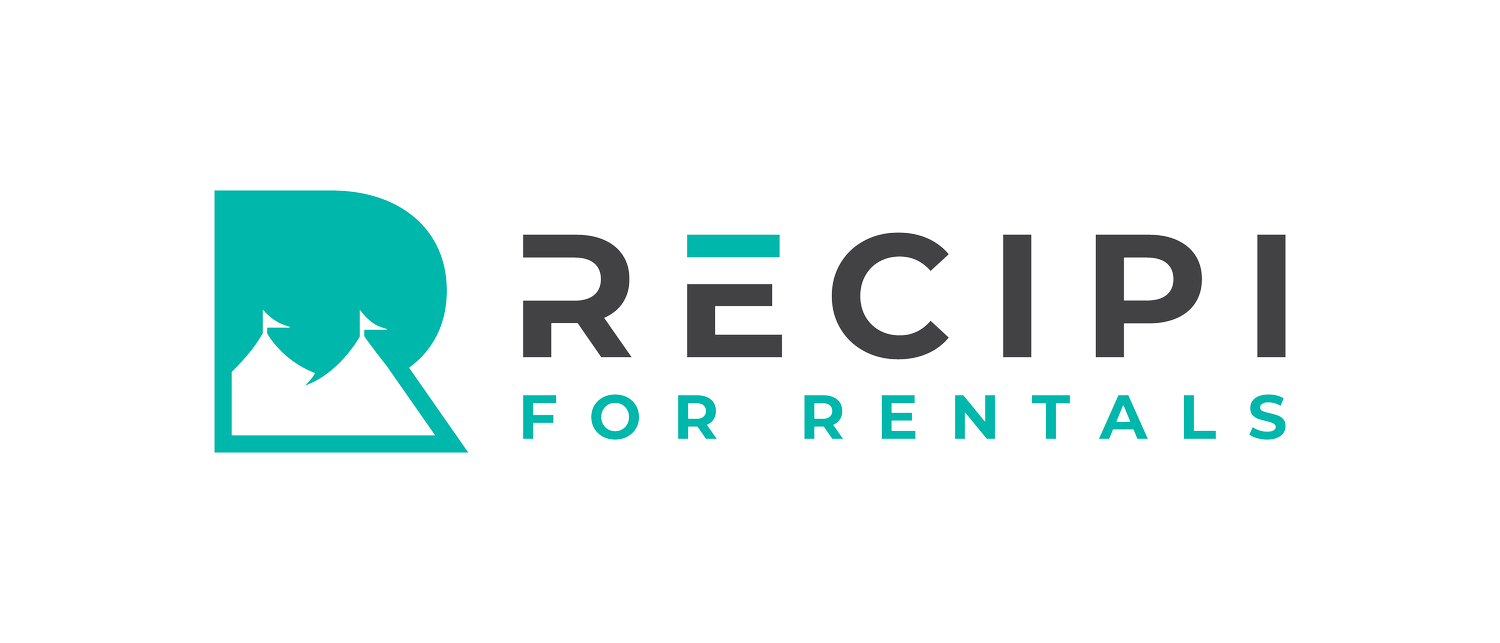How To Choose Right Equipments For Rental Business?
Building a successful business can be exciting and rewarding, but finding the right equipment to rent out is essential. Choosing the right equipment for your rental business means being mindful of what people need and what they are looking for in terms of quality and cost.
The right equipment can help your business succeed, while the wrong equipment can cost you time and money. So how do you choose the best items for your rental business? While there are many things you should consider before investing in a piece of equipment, here are some main factors you should keep in mind.
Market Demand and Relevance
Market demand refers to the quantity of a product or service that consumers can purchase at a given price. To succeed, businesses must clearly understand the market demand for their products or services. Market demand can be influenced by various factors, such as consumer income, preferences, and competitors in the market.
One of the most important things to consider when analyzing market demand is the product or service's relevance. Is the product or service relevant to the needs and wants of the target market? If a product or service is not relevant to the target market, it is unlikely that there will be high demand for it.
In addition, understanding the product's or service's relevance to the target market can also help a business identify potential new markets. For instance, if a product is successful in one market, the business may be able to expand that success by introducing the product to new markets where it is also relevant.
Related: Rental Business Trends
Cost & Quality
Cost and quality are the two most important factors to consider. A balance between the two is essential to be successful in the marketplace.
Cost is important because consumers have a budget and will only be willing to pay a certain amount for a product or service. If a company's prices are too high, it may lose customers to competitors offering similar products or services at a lower cost. A company needs to understand the production costs and be able to price its products or services competitively.
While quality is also an important factor to consider because customers are looking for products or services that are reliable, durable, and will perform as promised. Consumers are often willing to pay more for a product or service if they believe it to be of higher quality. A company with a reputation for producing high-quality products or services can command a premium price.
Balancing cost and quality is difficult, as cutting costs can negatively impact quality, and spending more on quality can raise costs. However, finding the right balance between the two is important to remain competitive in the marketplace.
Maintenance Cost
Maintenance cost refers to keeping a product or service in good working condition over time. This includes costs for regular inspections, repairs, replacement parts, and upgrades. Maintenance costs can vary widely depending on the type of product or service. They can have a significant impact on a company's bottom line.
There are different strategies to manage maintenance costs. One way is by preventative maintenance. This involves regular inspections and maintenance on equipment or vehicles to identify and address potential issues before they become bigger problems. Preventative maintenance can be more cost-effective in the long run, as it can help prevent costly breakdowns and prolong equipment life.
Another strategy is to use a maintenance contract with a third party service provider. This can help to spread the cost of maintenance over time and also help to manage risks. The maintenance provider takes care of equipment service and repair and can help to ensure that the equipment is always in good working condition.
Think Long Term
Thinking long-term is an essential aspect of business strategy, as it helps companies to plan for the future and make informed decisions. It's a way of approaching business decisions with a focus on the long-term sustainability, stability and success of the company rather than just short-term gains. By keeping an eye on long-term trends and developments, companies can adapt and adjust their business strategy to stay ahead of the competition.
Ease of Use
Another important factor to consider is the ease of use. You want to ensure that the items you rent out are easy to use so your customers can get the most out of them. Look for items that have clear instructions and are easy to operate. Because most customers will only be renting the items for a short period, it is important that they can understand how to use them quickly and without any hassle.
Ending Thoughts
Choosing equipment for your rental business is an important decision that requires careful consideration of factors such as cost, quality, customer needs and safety considerations. If you need assistance with marketing services, we are here to help. Contact us today and let our team of experts guide you through this process so you can start making money from your new venture quickly and efficiently.
